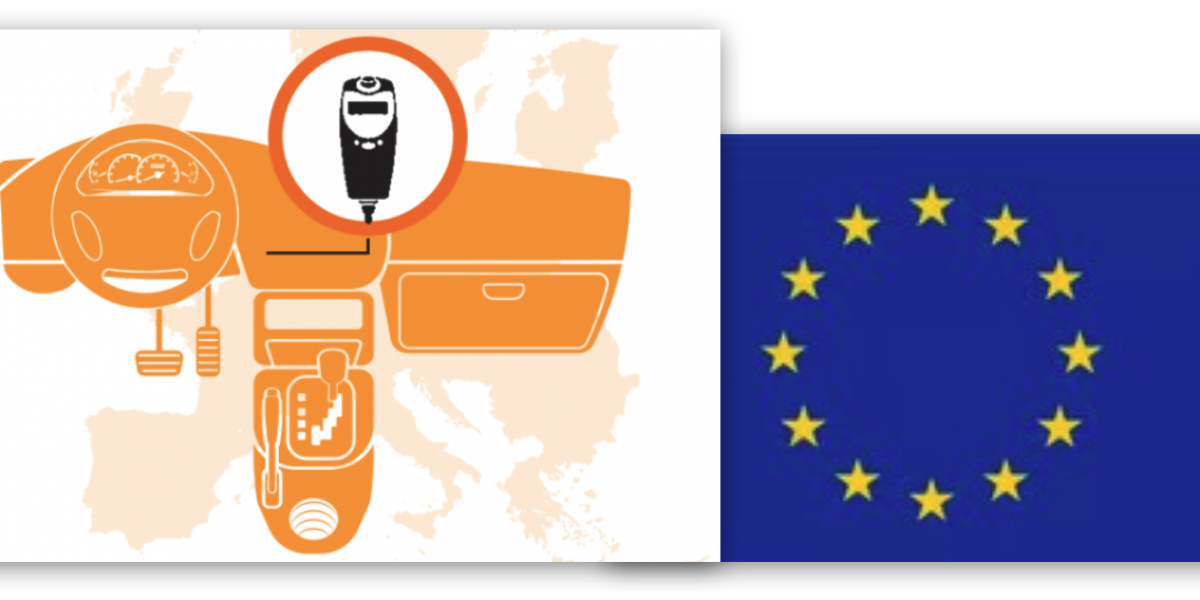Locking out drink driving
Call for interlocks to be fitted to all business vehicles and a legal option for convicted drink drivers
Alcohol interlocks in vehicles have been talked about for many years now.
In July 2022, all new motor vehicles available new in Europe have to be capable of having an alcohol interlock easily fitted.
Statistics show that about a quarter of all road deaths across Europe involve a drink-driver.
A new short film produced by the European Transport Safety Council reveals how and why alcohol interlocks area valuable tool to reducing this driving menace.
And breathe
The interlock device essentially requires the driver to take a breath test before starting their vehicle. Directly linked to the cars ignition system, the vehicle cannot be started in the event of a positive test.
In a number of European countries, convicted drink-drivers can now opt for an alcohol interlock instead of a driving ban.
Austria, Belgium, Denmark, Finland, France, Lithuania, Poland and Sweden have all adopted the legal option. It is proving a popular move not only with rdoad safety specialists, but also drink drivers.
Research has found that many of the worst offender are repeat offenders. In reality their addiction to alcohol and the need to drive are causing a conflict of interests. But with the need for alcohol in their system, the power to logically avoid driving is lost.
Interlocks are proving a great way to help them stop drink driving.
Caught on camera
This new short film presents two participants in Belgium’s alcohol interlock rehabilitation programme speaking about how using an alcohol interlock has changed their relationship with alcohol, and helped them stop drink-driving.
The down to earth and revealing short interviews tell an interesting story of the interlocks success in reforming both their drinking and driving habits
Antonio Avenoso, executive director of the European Transport Safety Council (ETSC), said: “Alcohol interlocks can help us end the tragedy of road deaths involving drink-driving. But this film gives a rare glimpse of how people who use these devices can keep control of their lives, stay in work and maintain family relationships.
“When combined with psychological counselling, monitoring and feedback, as they are in Belgium, alcohol interlocks save lives, but also change the lives of those that use them.”
ETSC is calling for alcohol interlocks to be fitted as standard in professional vehicles. Research shows that a disproportionate number of people driving for work can be over the drink drive limit, particularly early in the morning.
From its initial successes, ETSC wants more countries to introduce alcohol interlock rehabilitation programmes for drink-driving offenders.






